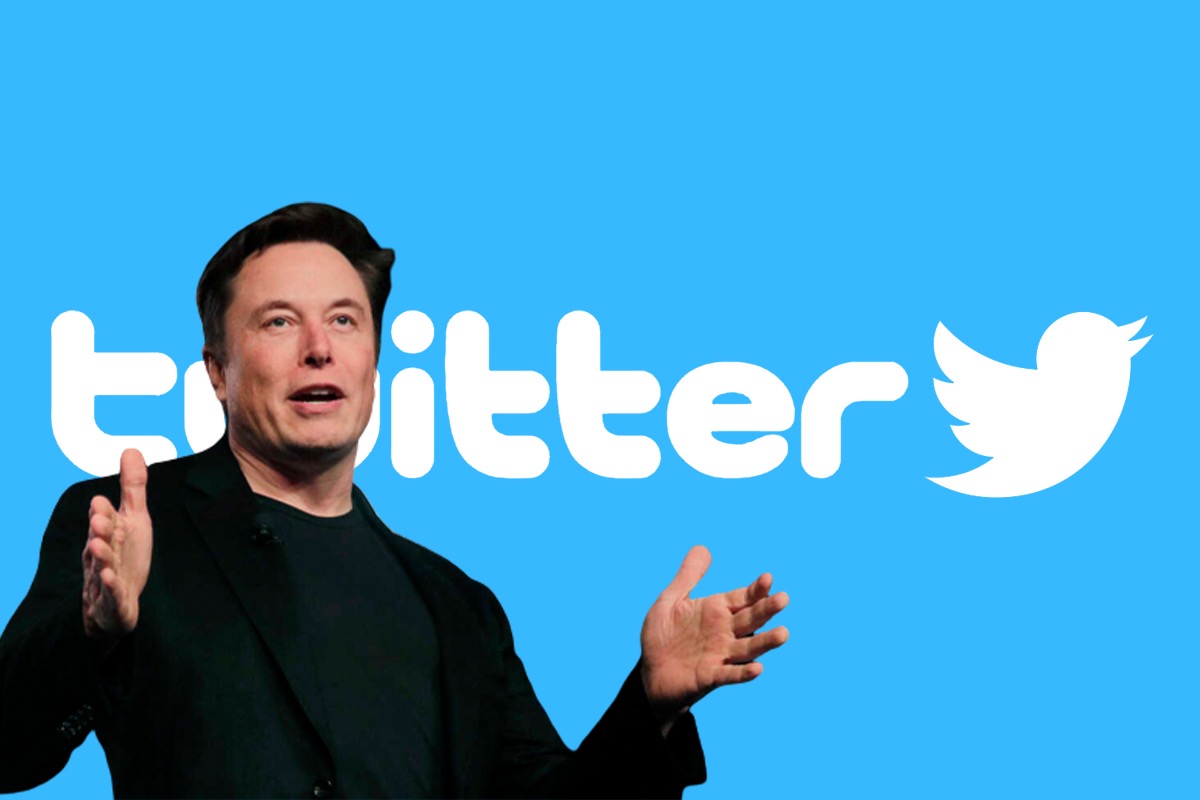NEW DELHI: The Twitter team has made a shocking discovery, unearthing hidden shadowbans within the depths of their code. Astonishingly, a recent revelation exposes a measure that intentionally hindered accounts with a low ‘Reputation score’ from trending. No one was exempt from its grasp, not even the influential Elon Musk himself, whose tweets were stifled and barred from gaining traction on the platform. This clandestine practice raises serious concerns about the transparency and fairness of Twitter’s trending algorithms.
True. So many skeletons in the closet. No one at the company knew this code existed.
— Elon Musk (@elonmusk) June 17, 2023
Elon Musk himself confirmed the existence of the covert code, emphasizing the lack of awareness among Twitter engineers until its recent discovery. Taking to Twitter, Musk revealed the shocking truth, stating, “True. So many skeletons in the closet. No one at the company knew this code existed.”
READ MORE: Gadde in soup for blocking damning report against Biden’s son on Twitter during US polls
It has come to light that the Reputation score assigned to accounts was solely determined by the number of reports received, completely disregarding the size of their follower count. This meant that even individuals with a substantial following were not immune to the detrimental effects of the shadowban. Recognizing the urgency for change, Elon Musk revealed that Twitter is actively working on developing shadowban transparency tools.
The Twitter team had stumbled upon keyword-related shadowbans buried deep within their code, dating all the way back to 2012. This disconcerting finding came to light during a podcast featuring Elon Musk, where he disclosed the existence of these covert measures. These shadowbans, tied to specific keywords, further raise concerns about the selective visibility and potential censorship of certain topics or discussions on the platform over the past decade. The implications of these historical revelations continue to unravel, sparking debates around freedom of expression and the responsibility of social media platforms.
🧵 TWITTER SUPPRESSION ALGORITHM THREAD 🧵
If you have ever been censored on Twitter or other platforms you will want to read this. This Thread will Expose the ALGORITHM LIKELY USED BY TWITTER FOR MASS CENSORSHIP.
Let me introduce you to the Tombstone Generator! 💪@elonmusk pic.twitter.com/VFapx85pOS
— THE PARZIVAL (@The1Parzival) May 11, 2023
Concerns regarding shadowbans on Twitter have persisted since April, following Elon Musk’s promise to release the source code of the platform’s recommender algorithm on GitHub. This move led researchers to uncover a vulnerability that enables the infliction of “shadowbans” on targeted accounts, effectively hiding them from others with no means of recourse. Federico Andres Lois, during an investigation of the algorithm, discovered this issue, which allows coordinated efforts to damage an account’s reputation. Actions such as mass blocking, unsubscribing, muting, or reporting violations can trigger this shadowban, leaving affected users unaware of the imposed restrictions.
READ MORE: A look at Jack Dorsey’s abysmal record on free speech as Twitter head
Twitter has faced accusations of exhibiting a liberal bias and blocking conservative voices under its previous regime, both in the United States and India. Instances such as downgrading content on the side effects of COVID-19 vaccines and labeling tweets by prominent BJP leaders as “manipulated media” have sparked debates about Twitter’s alleged lack of objectivity. These incidents have fueled discussions around the platform’s fairness, neutrality, and its potential impact on public discourse.
As concerns grow over the transparency and accountability of Twitter’s shadowban practices, users and experts are calling for increased clarity and equitable treatment of all users, irrespective of their political affiliations or the content they share.
You May Also Like:









